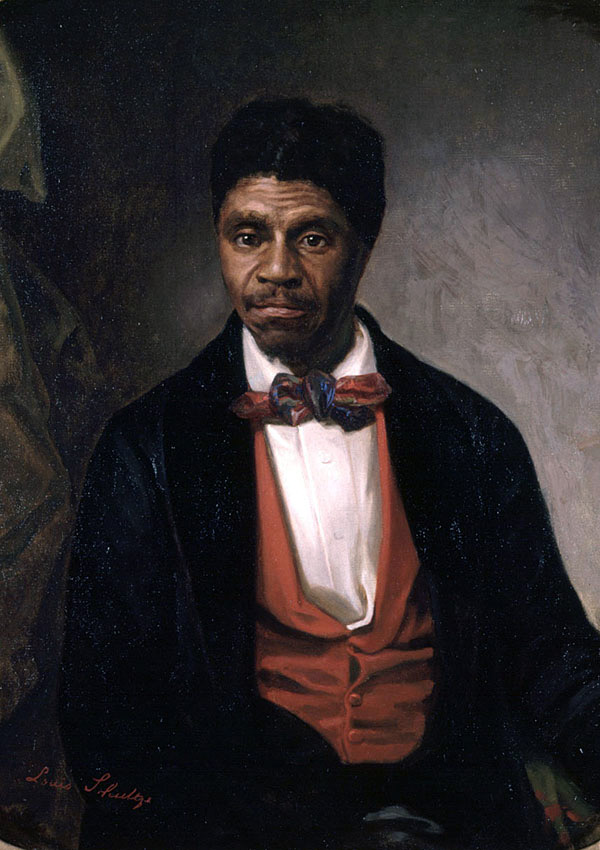 I am very proud of the first project I completed this year, the American Icon project. I believe that my self portrait accurately depicted the Navajo Code talkers as bold figures in the Navajo community. My artist statement clearly highlighted my own personal connection with the Navajo Code talkers and how they taught me to embrace my own heritage and my national citizenship without internal conflict.
I am very proud of the first project I completed this year, the American Icon project. I believe that my self portrait accurately depicted the Navajo Code talkers as bold figures in the Navajo community. My artist statement clearly highlighted my own personal connection with the Navajo Code talkers and how they taught me to embrace my own heritage and my national citizenship without internal conflict.When I began taking pictures for this project I did not have a specific list of elements that I wished to incorporate into the photo. By not setting strict requirement for my picture, I allowed myself to freely experiment with different themes and characteristics for my self portrait. Originally my artist statement lacked a clear connection between my icon and I, but adding my own personal experience as a child quickly established one. My artist statement can be viewed on my Digital Portfolio.
I am extremely pleased with my editorial for the H2O research project (pages one and two). The flow of my editorial seems to guide the reader in the intended direction; there should be a permanent budget for weekly bacteria testing. Another element of the article that I am extremely proud of is the layout. This was the first time I had ever felt confident using the application Adobe InDesign. The layout of the article looks clean yet still remains eye-catching.
The writing portion of the project was by far the biggest hill to climb. There were several instances during the course of the project in which I developed long periods of writer's block; I didn't have a complete piece of writing until a week before the entire project was due. After I had finally developed a solid piece of writing I invest most of my time into reorganizing the structure of my editorial and forming the layout of the editorial. I used one of my classmates' pictures for the cover picture of my editorial. I provided a graph I had created in Microsoft Excel to display enterococci concentrations in order to support one of my main arguments in my writing.















